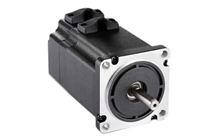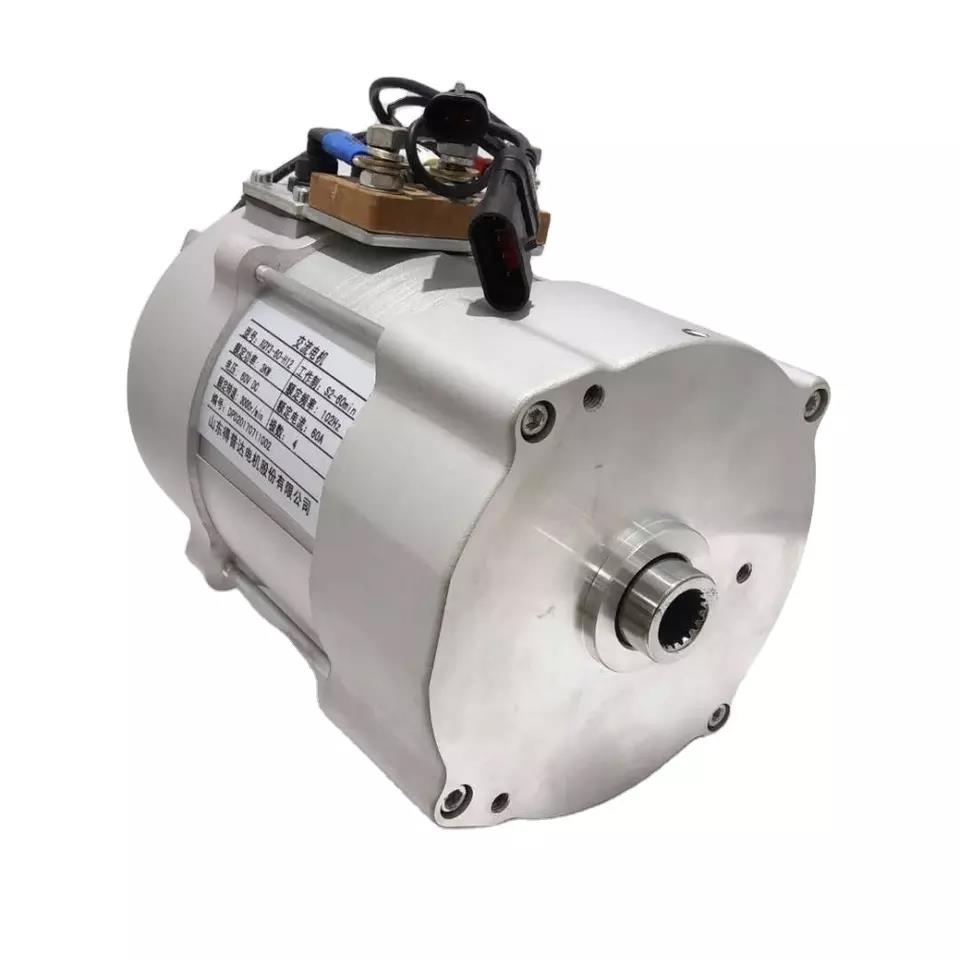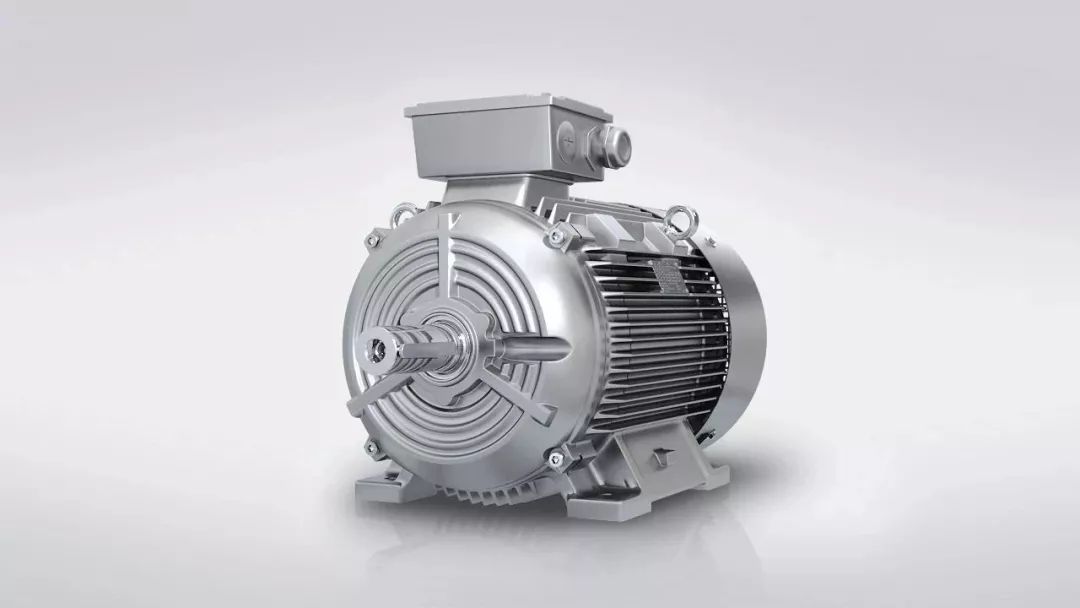Knowledge
-

What is the difference between a variable frequency motor and an ordinary motor?
Introduction: The difference between variable frequency motors and ordinary motors is mainly reflected in the following two aspects: First, ordinary motors can only work near the power frequency for a long time, while variable frequency motors can be seriously higher than or lower than the powe...Read more -

Efficient Servo Systems in Robots
Introduction: In the robot industry, servo drive is a common topic. With the accelerated change of Industry 4.0, the servo drive of the robot has also been upgraded. The current robot system not only requires the drive system to control more axes, but also to achieve more intelligent functions. ...Read more -

Unmanned driving requires a little more patience
Recently, Bloomberg Businessweek published an article titled “Where is “driverless ” heading? “The article pointed out that the future of unmanned driving is very far away. The reasons given are roughly as follows: “Unmanned driving costs a lot of money and technolog...Read more -

Motors and frequency converters will usher in a golden period of development
Introduction: As a driving device for various mechanical equipment such as fans, pumps, compressors, machine tools, and conveyor belts, the motor is a high-energy-consuming power equipment with a large number of applications and a wide range of applications. More than 60% of power consumption. ...Read more -

The dark night and dawn of the sinking of new energy vehicles
Introduction: The Chinese National holiday is coming to an end, and the “Golden Nine Silver Ten” sales season in the automotive industry is still going on. Major auto manufacturers have tried their best to attract consumers: launching new products, reducing prices, subsidizing gifts&#...Read more -

Why do power tools generally use brushed motors, but not brushless motors?
Why do power tools (such as hand drills, angle grinders, etc.) generally use brushed motors instead of brushless motors? To understand, this is really not clear in a sentence or two. DC motors are divided into brushed motors and brushless motors. The “brush” mentioned here refers to ...Read more -

The working principle of the electric motor and the principle of the generator!
01 Electric current, magnetic field and force First, for the convenience of subsequent motor principle explanations, let’s review the basic laws/laws about currents, magnetic fields, and forces. Although there is a sense of nostalgia, it is easy to forget this knowledge if you donR...Read more -

What is lidar and how does lidar work?
Introduction: The current development trend of the lidar industry is that the technology level is becoming more and more mature day by day, and localization is gradually approaching. The localization of lidar has gone through several stages. First, it was dominated by foreign companies. Later, do...Read more -

What are the characteristics of the working principle of the servo motor
Introduction: The rotor in the servo motor is a permanent magnet. The driver controls the U/V/W three-phase electricity to form an electromagnetic field, and the rotor rotates under the action of the magnetic field. At the same time, the motor encoder feeds back the signal to the drive. T...Read more -

What are the three major components of new energy vehicles? Introduction of three core technologies of new energy vehicles
Introduction: Traditional fuel vehicles have three major components, namely engine, chassis, and gearbox. Recently, new energy vehicles also have three major components. However, it is not so much the three major components as it is the three core technologies of new energy. It is differe...Read more -

Motor temperature protection and temperature measurement
Application of PTC Thermistor 1. Delay start PTC thermistor From the It characteristic curve of the PTC thermistor, it is known that the PTC thermistor takes a period of time to reach the high resistance state after the voltage is applied, and this delay characteristic is used for delayed sta...Read more -

China’s charging infrastructure
At the end of June 2022, the national motor vehicle ownership reached 406 million, including 310 million automobiles and 10.01 million new energy vehicles. With the arrival of tens of millions of new energy vehicles, the problem that restricts the development of new energy vehicles in China is in...Read more